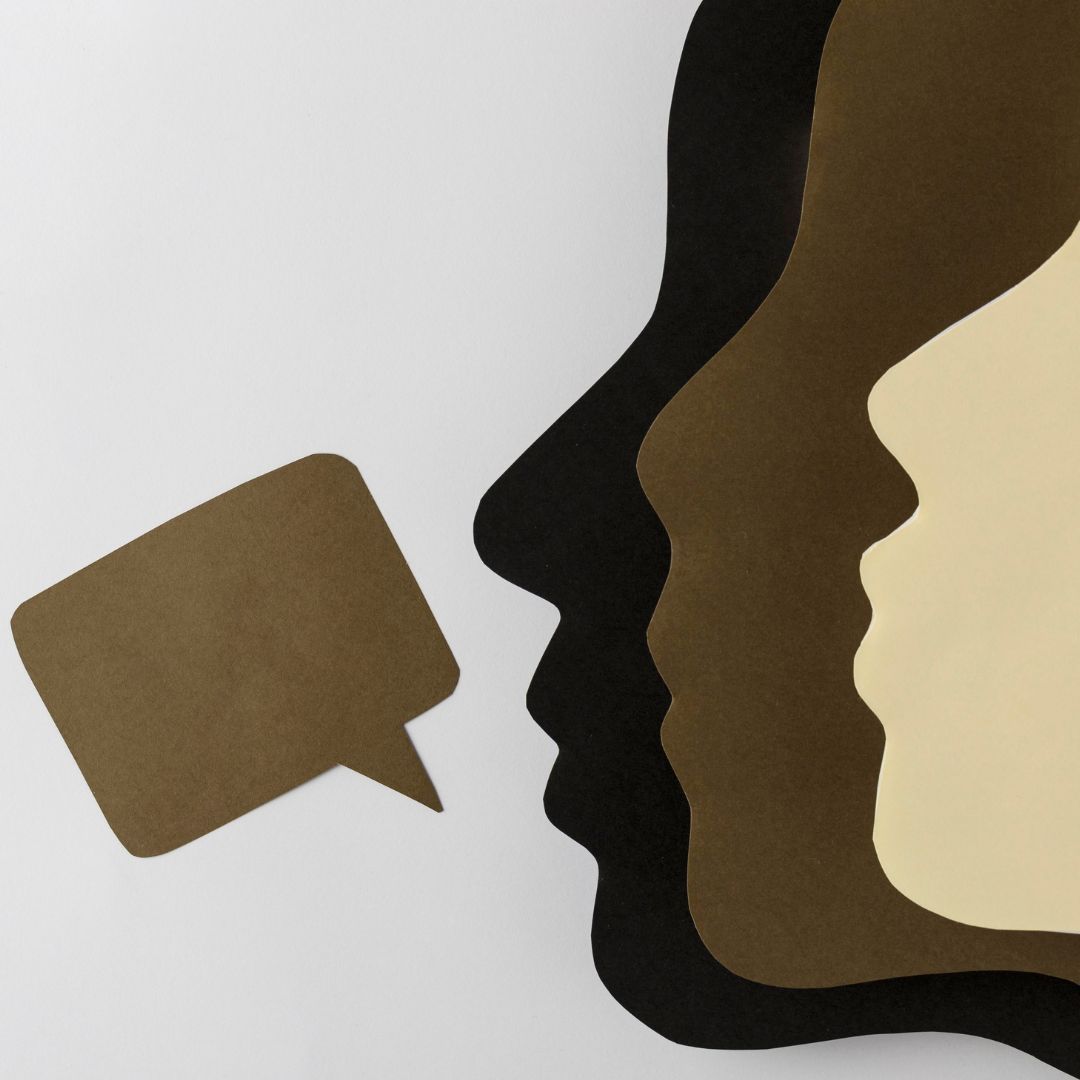The Power of ‘And’

When assessing our situations, relationships, and decisions, we might find ourselves in conflict with ourselves. We may have thoughts, feedback or opinions that appear opposing, creating internal conflict and it’s usually accompanied by ‘but’s.
For example:
- “I believe I made the best decision but it still turned out to be challenging”
- “I really enjoy working with this person but I need more support”
- “I’m trying my best as a parent but I’m tired”
- “I want to try this new activity but I might fail”
The power of ‘and’ is accepting both statements to be true. Instead of negating one another, they can and do co-exist. Try replacing ‘but’s with ‘and’s:
- “I believe I made the best decision and it still turned out to be challenging”
- “I really enjoy working with this person and I need more support”
- “I’m trying my best as a parent and I’m tired”
- “I want to try this new activity and I might fail”
When we frequently use ‘but’s, we limit our ability to be flexible, (self-) forgiving, and complex.
Instead, practicing the power of ‘and’ helps us understand our experiences as nuanced. It is validating our experiences without compromising how we think of ourselves and how we communicate with others.
Humans are complex and although it seems like we’re merely replacing words – words matter. The difference between possibilities and limitations lies in the negative loop of ‘but’s.
Written by: Elaine Raif



COMPANY
SERVICES
CONTACT
